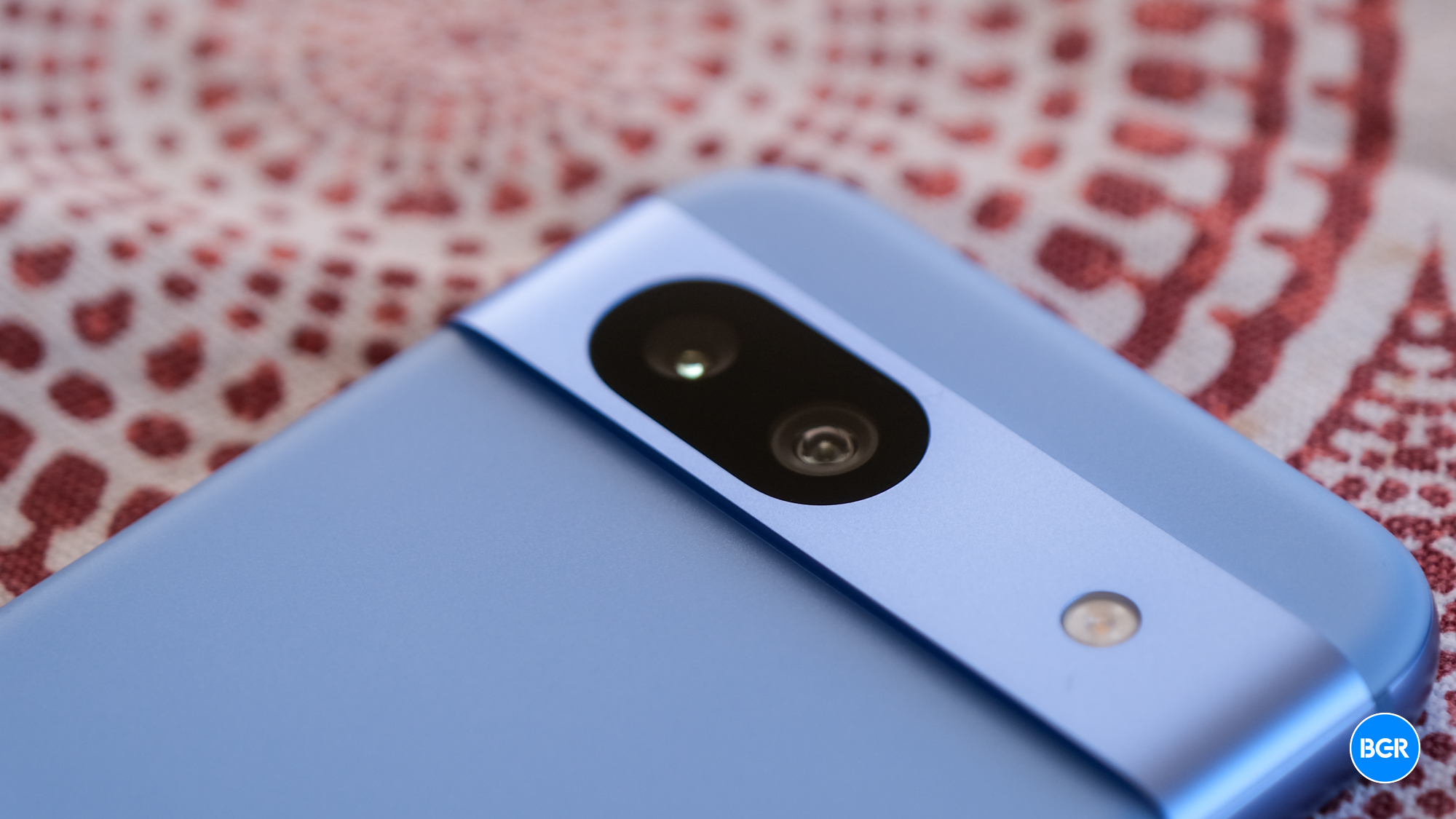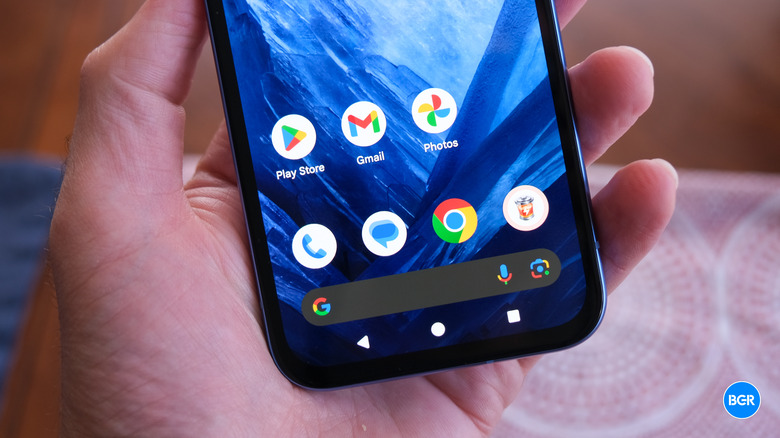The Pixel 9a Might Fix Our Biggest Gripe With Google's Smartphone Design
We've reached peak smartphone design, as most phones look the same. They're all-screen devices with smaller or larger cutouts at the top for the camera and increasingly small bezels. While the display design can't possibly be improved, we often lament about the back of the devices.
We hate the size of the camera bump, no matter what shape and position it might have. It's ugly, large, and makes some phones wobble when placed on a flat surface.
The camera bump is a calculated compromise smartphone vendors have made for years. We want better camera capabilities from smartphones, and increasing the size of the cameras, both horizontally and vertically, is the way to do it. The bumps occupy more space on the back of the phone and become thicker as smartphone vendors use larger cameras and more complex lenses.
I've often defended the camera compromise, one I'm willing to accept even from ultra-thin devices like the iPhone 17 Air launching this year. But the Pixel 9a is also coming this year, a mid-range Android phone that could turn out to be one of the few phones out there that doesn't feature a camera bump. Could Gemini AI be the reason why Google is going for such a daring design?
For years, the iPhone has been the obvious inspiration for Pixel phones. But then Google did something unique: It adopted a camera bar design for the Pixel's rear, which set it apart from the iPhone and other Android phones.
Ironically enough, the iPhone 17 Air might feature a camera bar this year, a solution Apple might need to make the most of the internal space in an ultra-thin phone.
Meanwhile, Google is abandoning the design of the now-iconic camera module. It started with the Pixel 9 series, which introduced a new design for the rear-facing camera bar.
If Android Headlines' renders are accurate, the Pixel 9a won't even feature a camera bar. Instead, we're looking at a pill-shaped camera module that contains two lenses. Unlike most camera modules, the Pixel 9a's will be almost flush with the rest of the body. The camera will have a slight protrusion, but it'll be much smaller than others.
One way to fix the camera bump is to make the phone thicker rather than thinner. The report says the Pixel 9a will have an 8.9mm profile, which makes it thicker than the iPhone 16 phones, even the Pro models. Comparatively, the Pixel 9 Pro models are 8.5mm thick.

According to the report, the Pixel 9a should feature a 5,100 mAh battery. Thicker phones would help Google deliver a much larger battery pack. However, the Pixel 8a has a larger camera bump on the back inside a similar 8.9mm thick body. The Pixel 8a rocks a 4,492 mAh battery.
As for the rumored Pixel 9a camera specs, we're looking at a 48-megapixel and 13-megapixel sensor. The former is an upgrade over last year's wide camera, even though the pixel count will drop from Pixel 8a's 64-megapixel lens. The specs aren't confirmed, but we're used to Pixel leaks being correct most of the time.
With all that in mind, I can't help but wonder whether Google is ready to reduce the camera bump because of the use of newer AI algorithms for processing photos and videos. Maybe AI advancements that have yet to leak might explain why Google is ready to reduce the size of the camera bump. Maybe AI can compensate for dedicated camera hardware.
Then again, Google might be working with newer tech; camera parts that allow suppliers to come up with thinner modules that do not compromise image quality. After all, the Pixel 9a will deliver a larger battery pack despite not being thicker than its predecessor. Google is simply using a newer, denser battery pack.
Whatever the case, I do expect Google to focus on Gemini AI in its Pixel 9a announcement, whether it's related to photography or not. That launch is apparently coming soon. The blog notes that Google will start selling the Pixel 9a on March 19th for around $499. With the iPhone SE 4 launching soon, it's no surprise to hear that the Pixel 9a is about to hit stores.
